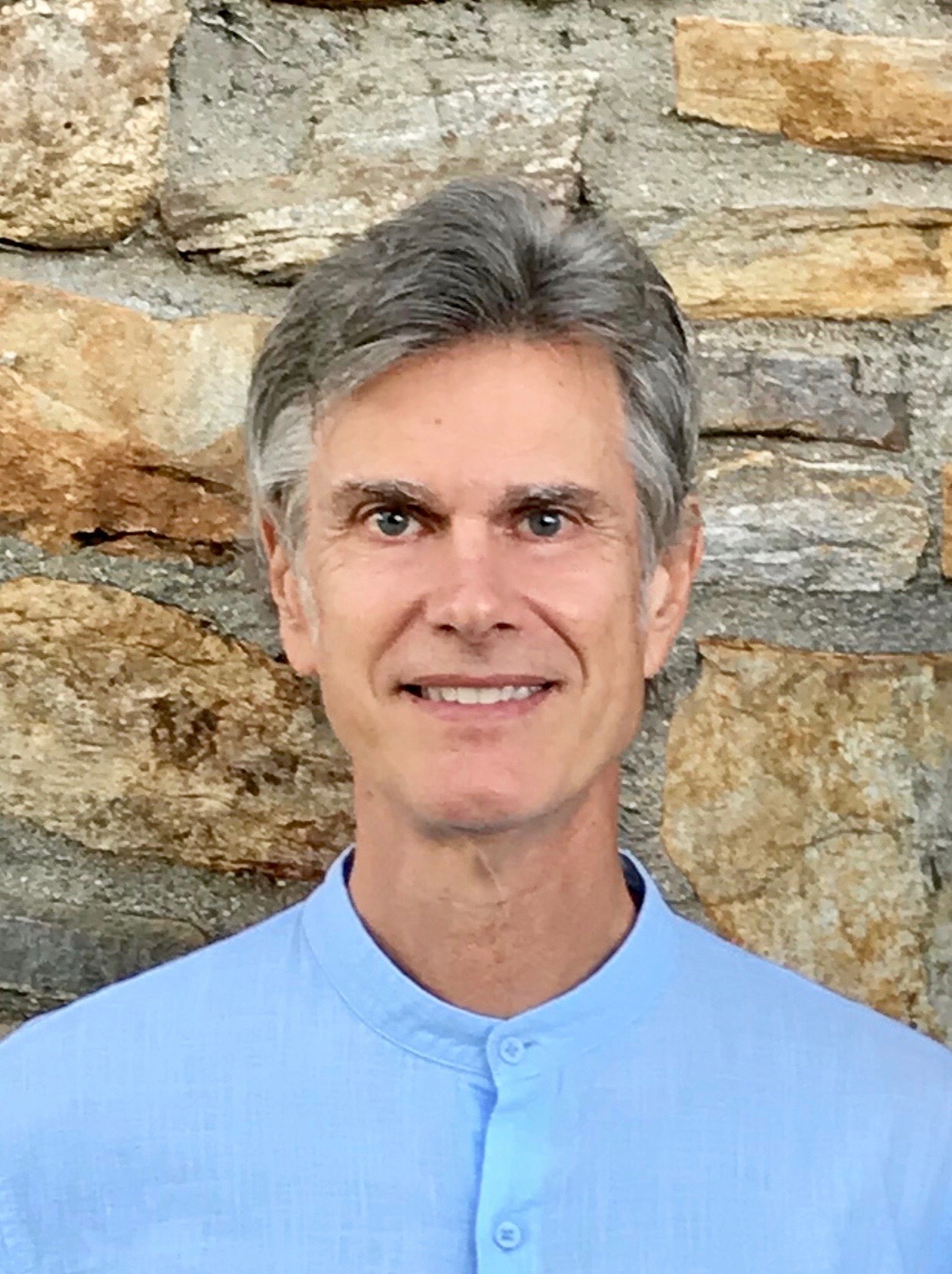
Freedom from Keeping Score
Many years ago, I heard the late family therapist/psychiatrist Dr. Carl Whitaker extol the virtues of playing the game of ping-pong without keeping score. To paraphrase his words, playing without keeping score is, “…like a bodily free association.” Authentic play can liberate the mind and body in ways that many serious intellectual pursuits cannot. Have you ever observed the pure joy of young children engaged in the act of play? Their spontaneity and lack of self-consciousness have something to teach us all. I’ve found that many adults have lost the art of engaging in play and being playful. I might even say—playfully—that many are suffering from “PDD”, otherwise known as Play Deficiency Disorder. It’s common to think of play as the opposite of work, which leads many to believe that they’re too busy with their workplace and household responsibilities to engage in play. Rather than seeing play as the opposite of work, I recommend viewing play as an attitude or orientation that can be integrated into places where more serious business is the norm. This of course requires sensitivity and a respectful attitude.
Play Has Psychological and Neurological Benefits
From direct personal experience, we clearly know that play uplifts mood and is just plain fun. However, as pioneering researcher Dr. Stuart Brown (2008) says, “play is more than just fun.” Play is a natural, enjoyable activity that provides a vehicle for social connection, creativity, spontaneity, and learning new skills, without concern for reaching a goal. Play is associated with an altered state of consciousness that can transport an individual beyond the preoccupations and concerns of everyday life, and is therefore very liberating and potentially healing. Scientists have even been known to proclaim that play is necessary for the survival of the human species. Research on adults has concluded that playfulness is strongly related to character strengths such as creativity, appreciation of beauty, and having a sense of humor.
Play also has neurological benefits, assisting memory and activating the brain to make more neuronal connections; neurons—brain cells—that play together connect more readily with one another, which has positive consequences for brain structure and function. Play makes the brain more adaptive and resilient. Neuroscientists are now hailing the concept of neuroplasticity, which refers to the brain’s ability to grow and evolve throughout our entire lifetime as new skills are learned, regardless of our age. As a famous saying—attributed to the work of neuroscientist Donald O. Hebb—goes, “neurons that fire together, wire together”.
Four Steps to More Play
Here are four ways of integrating more play into your life:
- Play a game without keeping score. Badminton, ping-pong, scrabble, whatever the case—enjoy and play with reckless abandon!
- Dance. If you’re too self-conscious to dance with others, turn up the music at home and move your body to the rhythm without any concern about what you look like. Relax, stay connected to your body as you move with the rhythm of the music, and by all means experiment by making silly sounds and spontaneous movements while nobody’s watching!
- Learn a creative expression skill by enrolling in a group class or workshop. Many communities hold classes in improvisational theatre and comedy, art, music, writing, song, and dance. It can be very rewarding to move a bit outside of your comfort zone in learning a creative skill. The typical social support and upbeat nature associated with such activities provide benefits that extend far beyond the learning of the skill.
- Spend unhurried time in nature. Instead of rushing up a mountain to reach the lookout point, give yourself the pleasure of slowly wandering, creating the space necessary for appreciating the beauty that surrounds you. Also appreciate the time in nature as your playtime.
Remember, unlike many activities that are governed by schedules, play and an attitude of playfulness can be engaged in at any time. The question is: Would you like to play?

